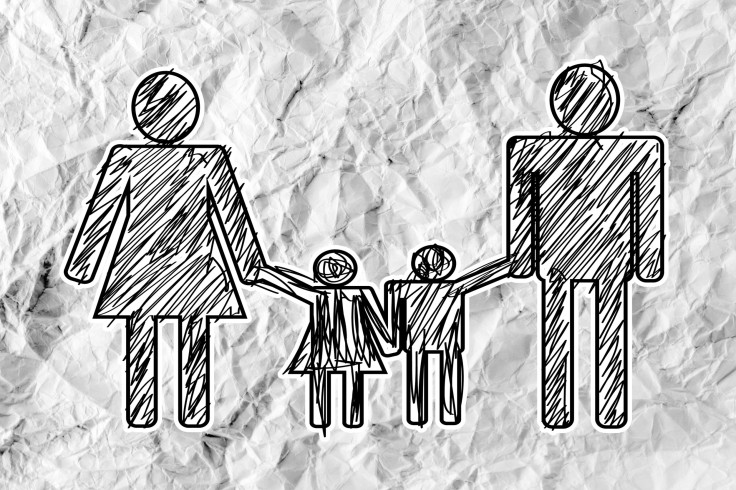Parents Of Children With Autism Tackle Behavioral Issues Better With A Little Training

In April 2014, a report by the Centers for Disease Control and Prevention found that one in every 68 children has an autism spectrum disorder (ASD), a 30 percent increase over the established rate of one in 88 found in 2012. The report explained that this increase reflects an improved awareness of the diagnosis rather than any true rise. But with that awareness comes the harder question of how best to navigate parents through the unique challenges that autism, with its common symptoms of impaired communication and motor skills, can present for both their children and themselves. Particularly in cases where their children’s ASD is often saddled alongside behavioral issues.
Now, a new research study from Yale and Emory University published in the Journal of the American Medical Association has found that while educating parents about the nuances of their children’s condition can certainly help, offering them extensive training on how to handle problems like tantrums and self-injury can further bridge the gap and reduce their severity more than education alone.
Taking place over four years (2010 to 2014) and across six different universities, the researchers studied the families of 180 children ages 3 to 7 co-diagnosed with ASD and behavioral issues. They randomly placed the parents in either an educational program that provided the latest information and facts about autism or a training course focused on behavioral management strategies, with both classes running for 24 weeks. Throughout the weeks, parents were made to complete two separate questionnaires on the level of disruptive behavior and noncompliance they observed from their children, while a clinician, unaware of which program a family belonged to, independently evaluated any improvement seen with the children.
"Both groups showed improvement, but parent training was superior on measures of disruptive and noncompliant behavior,” said James Dziura, study author and associate professor in the Department of Emergency Medicine at Yale, in a press release. In particular, the third-person evaluations of improvement were significantly better for the training group. “The proportions with a positive response on the Clinical Global Impression–Improvement scale were 68.5 percent for parent training vs 39.6 percent for parent education,” the authors wrote. And the strategies taught at the program were often times as simple as providing positive reinforcement when a child behaved appropriately or withdrawing from the interaction without anger when they acted inappropriately.
These improvements can mean a great deal to struggling parents, previously unable to understand what their children are trying to communicate to them. By demonstrating its usefulness, with the largest randomized trial of any behavioral intervention ever conducted on children with autism, the researchers hope that clinicians will have another tool to rely on when developing treatment plans. Previous recent research has shown that the earlier the intervention, the more likely that these children’s developmental and learning delays will lessen and even match the average child’s over time.
Hopefully by teaching parent and child alike how to manage their autism, these families will be able to enjoy all that life has to offer.
Source: Bearss K, Johnson C, Smith T, et al. Effect of Parent Training vs Parent Education on Behavioral Problems in Children With Autism Spectrum Disorder, A Randomized Clinical Trial. Journal of the American Medical Association. 2015
Published by Medicaldaily.com



























